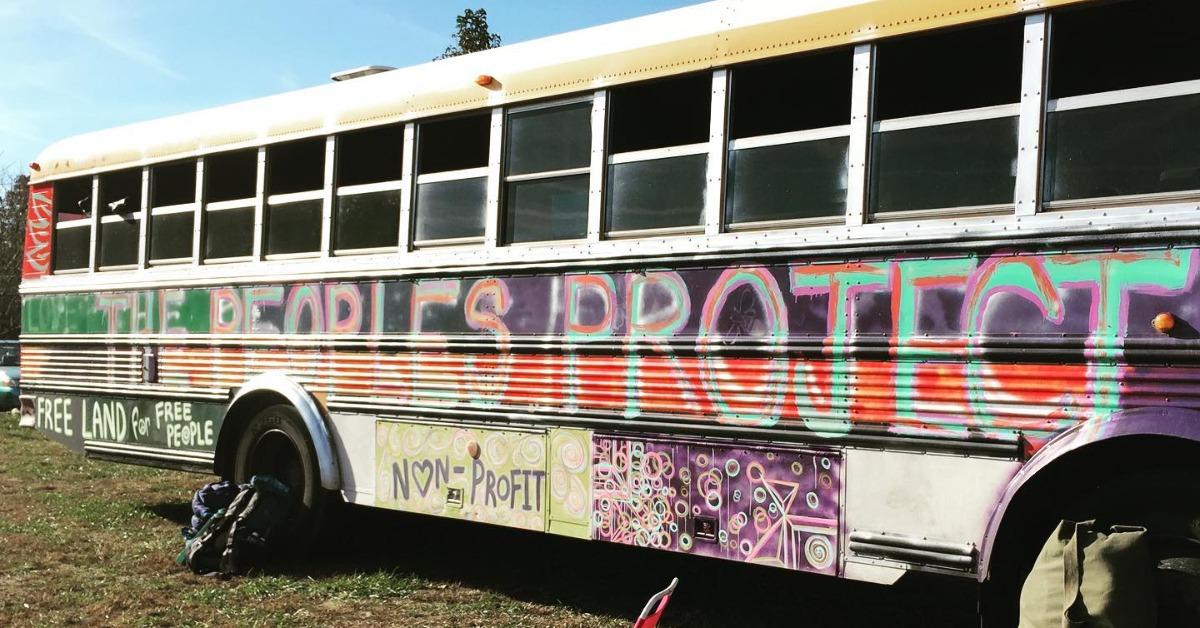Cults Are Only Deemed Illegal If the Members' Activity Is Unlawful
Updated April 12 2021, 3:42 p.m. ET

In the '60s, '70s, and even '80s, it seemed like cults were a more or less common thing in the United States. It wasn't out of the ordinary to hear about these organized religious groups that seemingly popped out of nowhere. There are a handful of real-life cults that remain infamous because of their illegal activity and dangerous methods of bringing in members.
However, many wonder whether the existence of cults themselves is illegal or not. It certainly seems like a dangerous thing to allow these groups of individuals to congregate together under a person or multiple people's potentially dangerous ideologies. But the exact laws surrounding cults in the U.S. aren't black and white.

So, are cults illegal?
According to HG.org, a website dedicated to giving out legal advice and helping people find attorneys, declaring a cult illegal is a tricky thing. Because many "cults" operate under the guise of being religious groups, they are protected by the First Amendment's freedom of religious exercise. The kicker is, if these cults hinder the freedom of their members in any way, then they can be dismantled for criminal activity.
HG.org also points out, however, that religious cult leaders have the ability to change objectives and activities at the drop of a hat.
According to the site, "Leaders can often change the tenets of the religion on a whim, making it difficult to impossible for lawmakers to get ahead of potentially dangerous groups or to identify standards by which a cult becomes illegal. Thus, most groups that would be considered illegal have already engaged in criminal conduct."

There may still be active cults in the U.S. today.
There are a variety of different cults that can operate without appearing to be the standard white linen-dressed, Kool-Aid drinking groups people automatically associate with the word. Religious cults, for example, often use praying, isolation, and intense studying sessions. In that regard, many consider Scientology to be a cult, though it is technically considered a new religious organization.
Political or terrorist cults, on the other hand, are a little easier to identify. Some of their actions include violent activities, secret meetings, and specific criteria for indoctrination. Some have considered former President Trump a roundabout cult leader given his influence on people, though he is not the leader of any official cults, political or otherwise.
What defines a cult exactly?
Tennessee State University's definition of a cult includes a "shared commitment to a charismatic leader or ideology" and "a special solution to be gained only by following the leader's rules." When you think about famous cults like the Manson Family or Heaven's Gate, that definition makes sense.
And many of the modern-day members of the Fundamentalist Church of Jesus Christ of Latter-Day Saints tend to follow the rules and sanctions of the religion almost blindly, leading some to view that sect as a cult as well.
But the inability of law enforcement to simply disband a cult with no investigation does make it difficult to shut down these groups if they haven't outright broken any laws.
Luckily, those who are in cults or in groups that have some of the characteristics of cults, can get help and get out by contacting the Cult Education Institute.